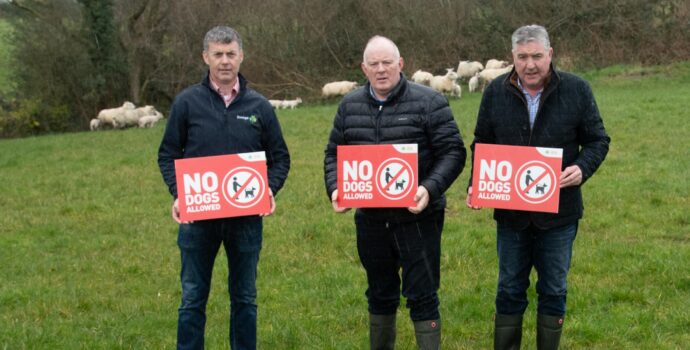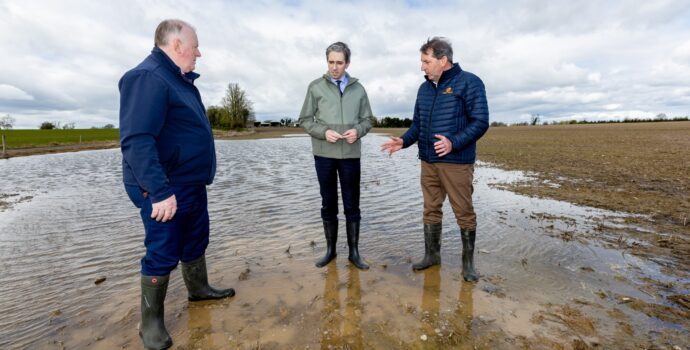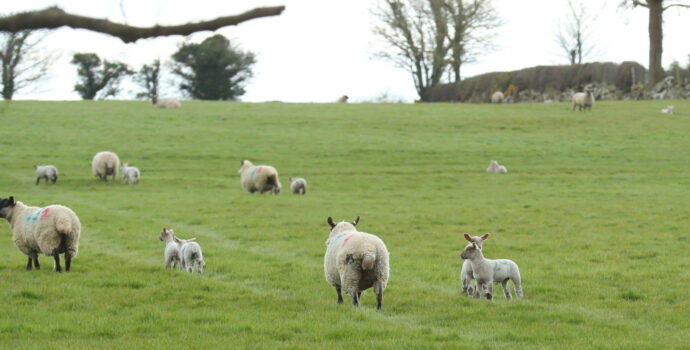Eu Dairy Study Gives Ammunition to Minister Coveney to Reject Proposed Post-2015 Milk Production Restrictions – Kiersey

IFA National Dairy Committee Chairman Kevin Kiersey today (Wed) said he had seen early findings of a study on the EU milk sector post-2015 carried out for the EU Commission by Ernst and Young, to be published at a forthcoming major EU Commission dairy conference later this month.
He said the study clearly showed that milk quotas were no longer effective in preserving farmers’ incomes, and that buy-out-type schemes such as those proposed earlier this year by the EU Parliament were ineffective in the face of a globalised dairy market.
Mr Kiersey said he would be meeting Minister Coveney tomorrow and would call on him to use the ammunition of the study to reject any attempt by fellow Agriculture Council members from other Member States to introduce measures in the new CAP seeking to restrict post-2015 milk production expansion. “Minister Coveney must not let down Irish dairy farmers by allowing the Agriculture Council prevent them from fulfilling the Food Harvest 2020 targets,” he said.
“I understand that the study clearly states that milk quotas are no longer effective in sustaining farmers’ incomes: this will come as no revelation to Irish dairy farmers who still smart from the 2009 crisis and the new milk price and margin volatility which has resulted from the removal of market supports since 2005,” Mr Kiersey said.
“The study also suggests that the milk quota regime played an important part in maintaining the dairy activity in mountainous and disadvantaged areas. I firmly believe, in a small country such as Ireland, an efficient, well co-ordinated dairy industry can collect and process milk from farmers in every region with or without quota,” he said.
“Finally, the study states that buy-out schemes, such as the one proposed by MEP Michel Dantin and adopted by the EU Parliament earlier this year, which would incentivise voluntary production reduction and penalise expansion by individual farmers, are not effective. Again, this comes as no surprise to Irish dairy farmers, whose milk price depends as much on what happens in New Zealand or the US as it does on what happens in the EU,” he said.
“A number of proposals aiming at restricting or discouraging production expansion post-2015 in a bid to address market imbalances have been mooted by a number of Member States. It has been clear to IFA for quite some time, and is now confirmed by the Ernst and Young study, that those proposals cannot be effective, and Minister Coveney must ensure they do not prevent Irish dairy farmers from fulfilling the Food Harvest 2020 expansion targets,” he concluded.




